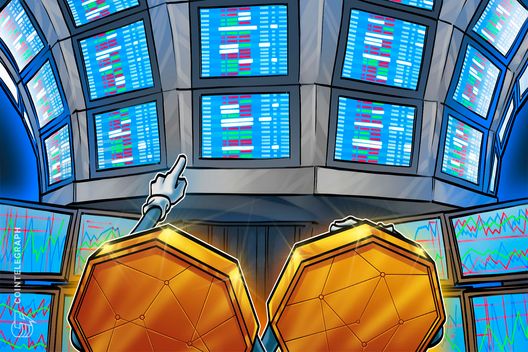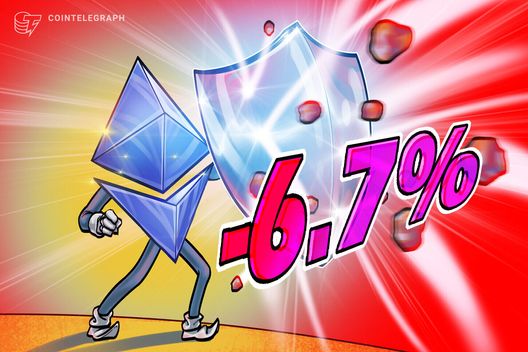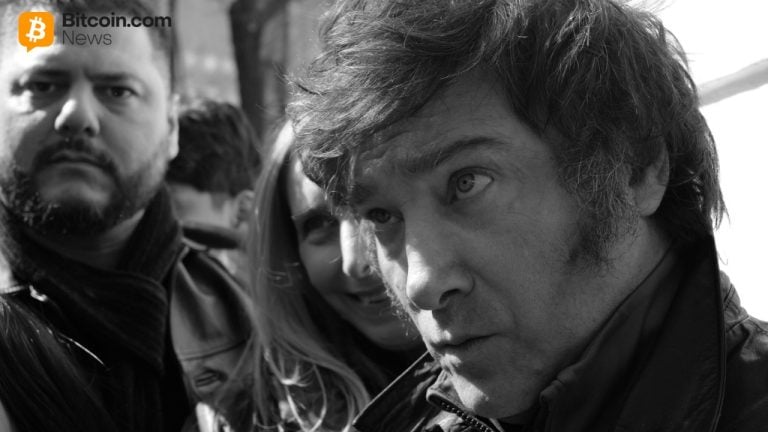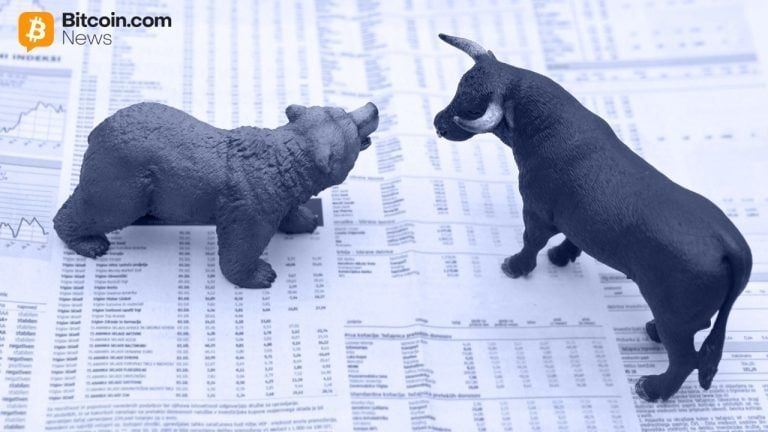USDC depegged, but it’s not going to default
2 min read
Over the past week, investors understandably became concerned over the news that billions of dollars backing USD Coin (
People clamored to short USDC, with major derivatives trading platforms even opening a dedicated market for the purpose. Arbitrageurs began profiting from price inefficiencies as panicked USDC holders sought sanctuary in other stablecoins at any cost, and other stablecoins, in turn, such as the USDC-collateralized Frax and Dai (DAI), also lost their peg. It’s clear there’s a wave heading for the shore.
Rumors of USDC’s demise have been exaggerated
While SVB shareholders are not slated for a bailout, the U.S. federal government announced it would cover the bank’s uninsured depositors. Circle will be fine. But what about USDC? Over the weekend, the once-stable token plunged to a low of $0.88 as traders tried to price in USDC being under-collateralized. As of March 13, USDC has recovered to a range between $0.99 and $1.01.
Related: Should Bored Ape buyers be legally entitled to refunds?
As the dust settles, however, questions hang over not just USDC but all stablecoins and their ability to maintain their pegs through thick and thin. The panic over Silicon Valley Bank is almost over. Now, the onus is on the crypto industry to regain trust in the stablecoins that are the bedrock of the business. “Don’t trust, verify” is crypto’s core mantra. And yet, for all the cryptographic proof, it remains a business, like TradFi, that runs on faith.
It may not have developed into a Richter-shattering earthquake, but the tremors caused by Circle’s exposure to SVB have reverberated through the crypto sphere. Achieving stability in an unstable world is a challenge that’s bigger than crypto. Preventing future systemic shocks calls for a rethink of the tenets we once held to be infallible.
Gracy Chen is the managing director of the cryptocurrency exchange Bitget where she covers matters of market expansion, business strategy and corporate development. Before joining Bitget, she held executive roles at XRSPACE, a VR technology company, and was an early investor in BitKeep, Asia’s leading decentralized wallet. In 2015, Gracy was named a Global Shaper by the World Economic Forum. A graduate of the National University of Singapore, she is earning an MBA degree at the Massachusetts Institute of Technology.
This article is for general information purposes and is not intended to be and should not be taken as legal or investment advice. The views, thoughts and opinions expressed here are the author’s alone and do not necessarily reflect or represent the views and opinions of Cointelegraph.







